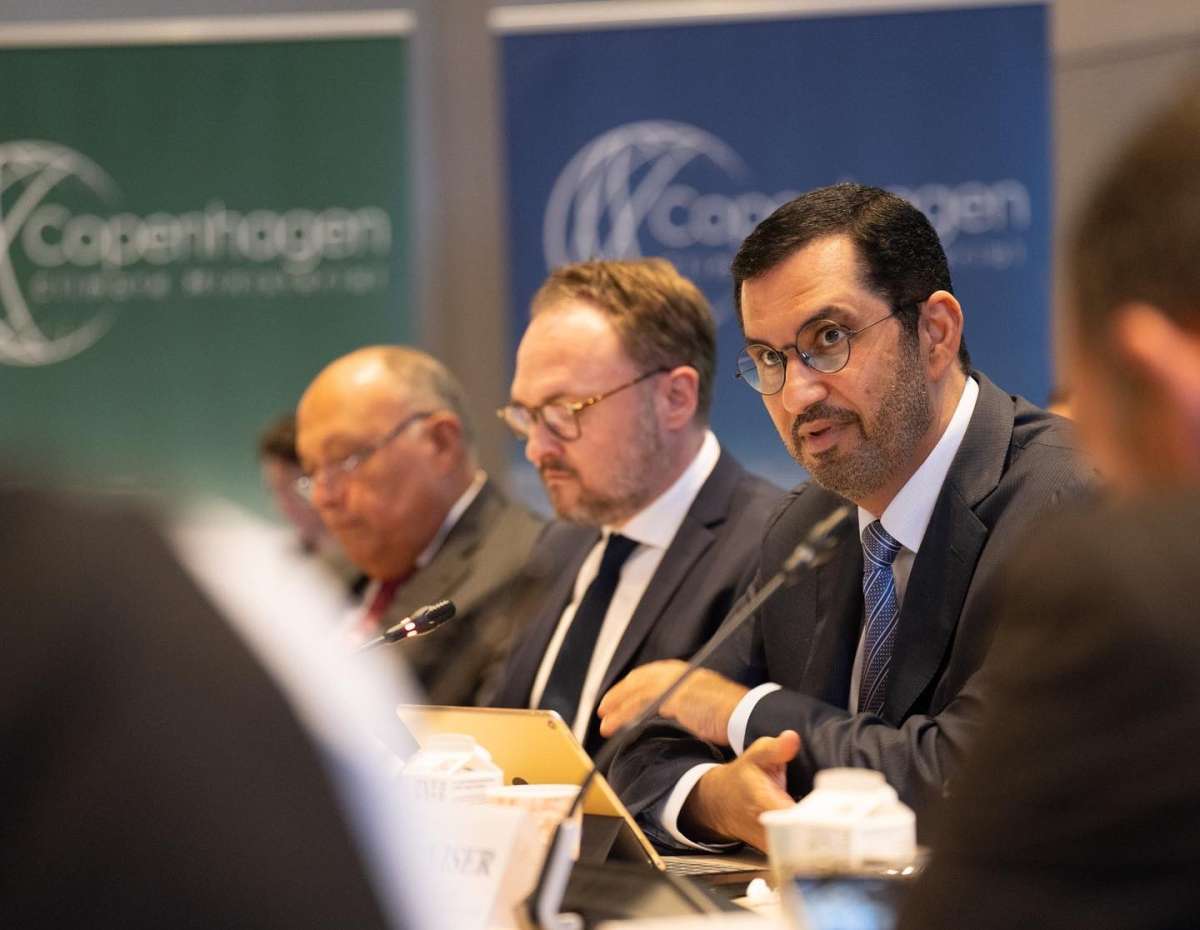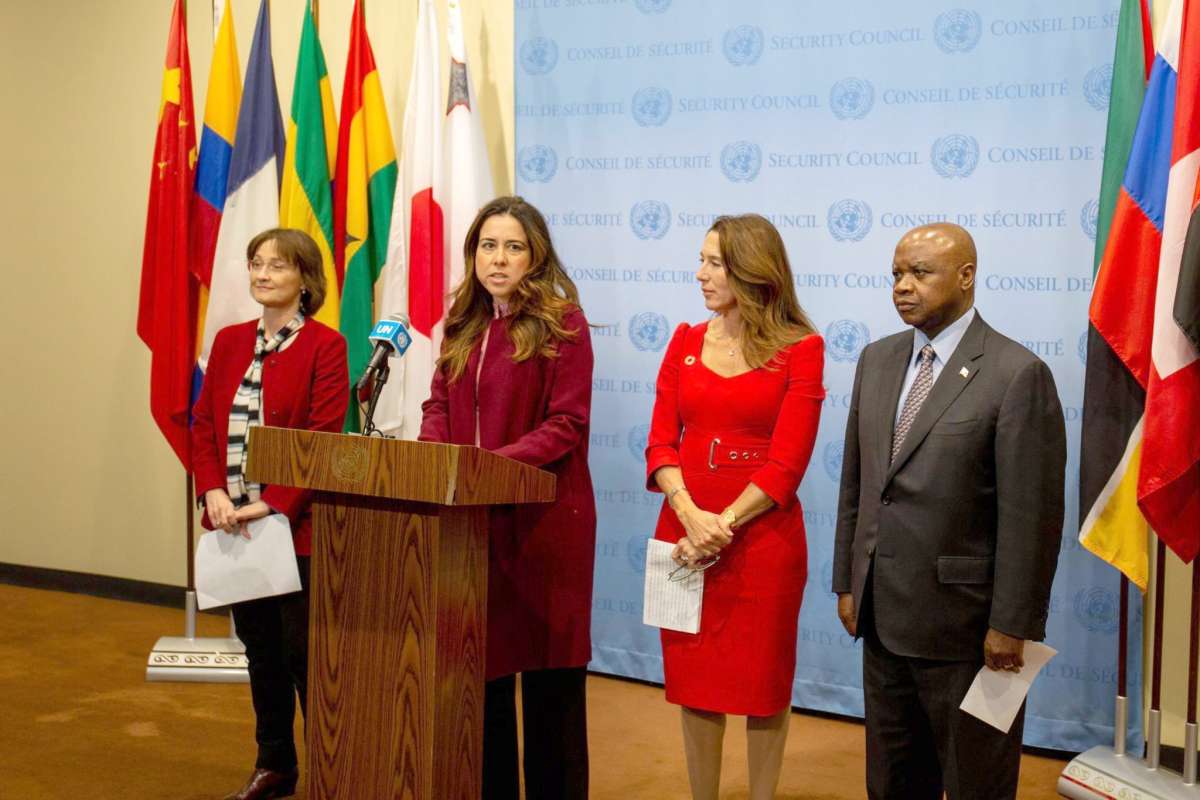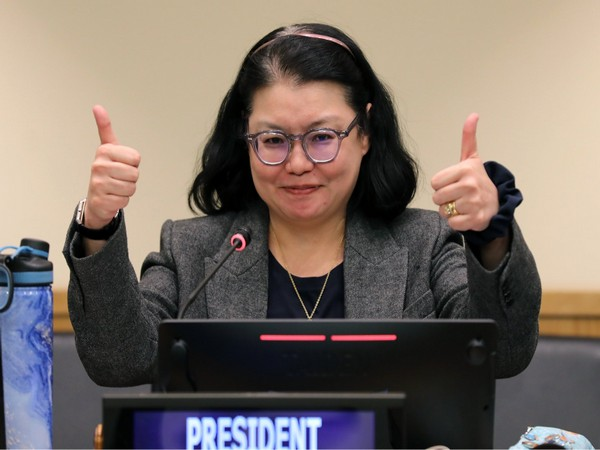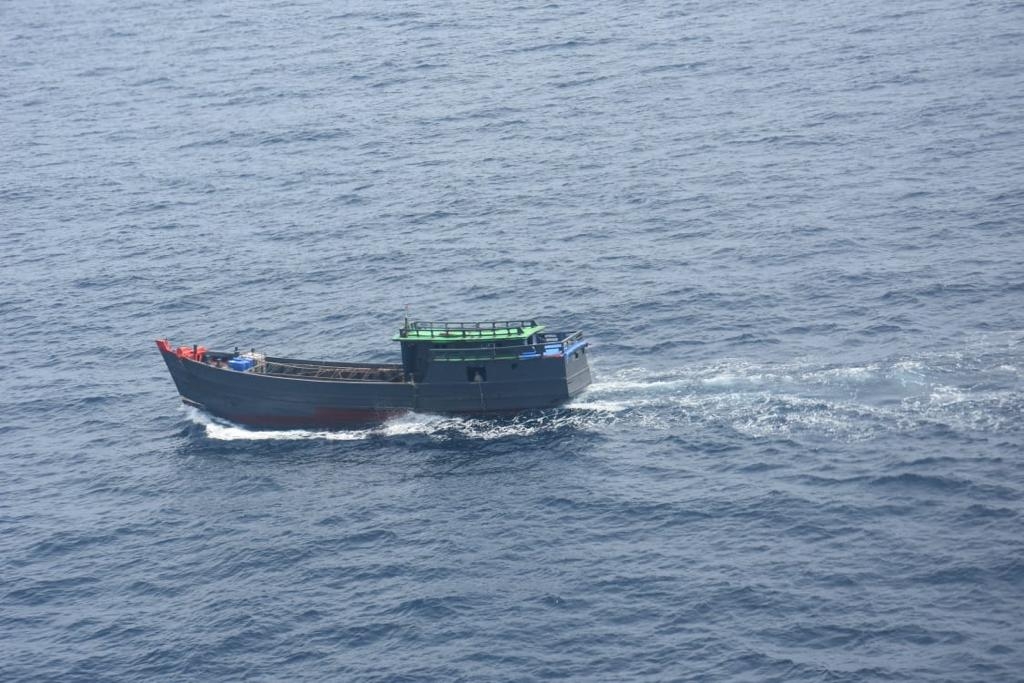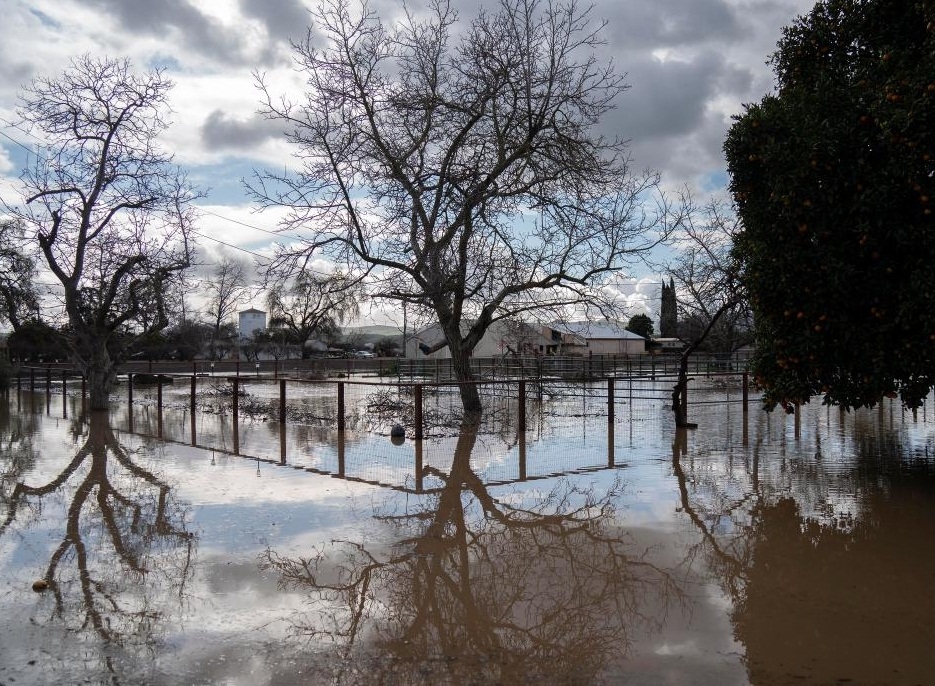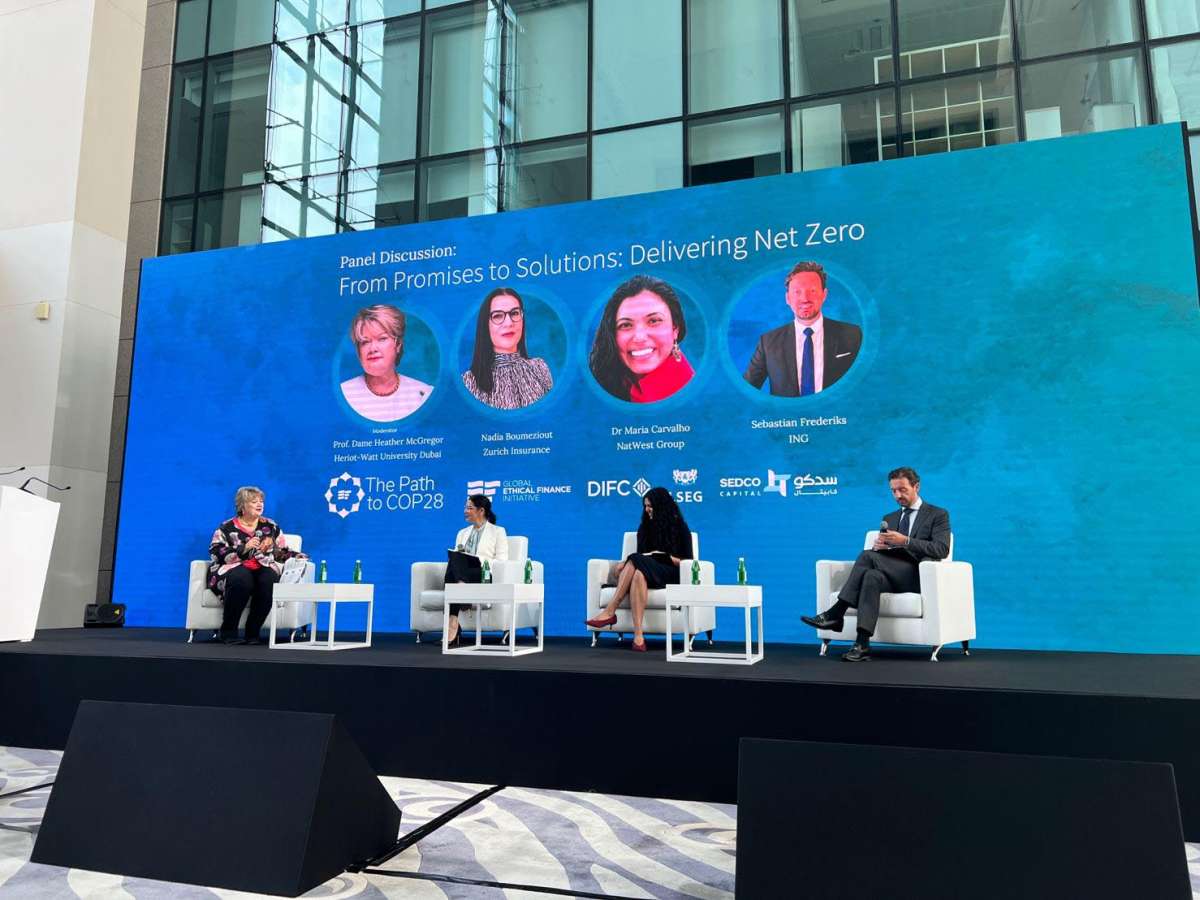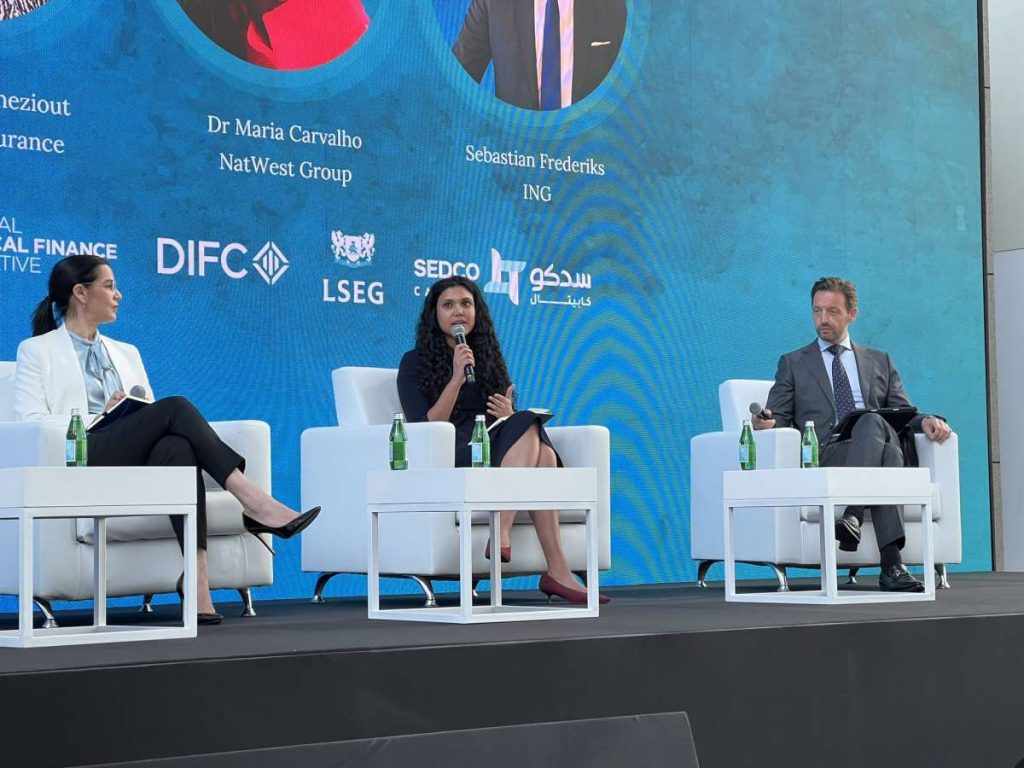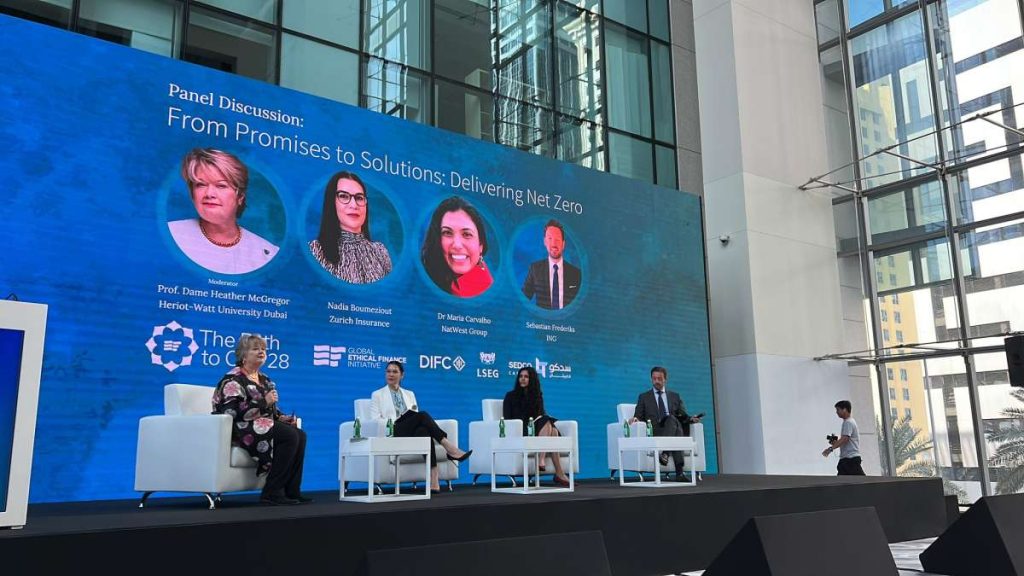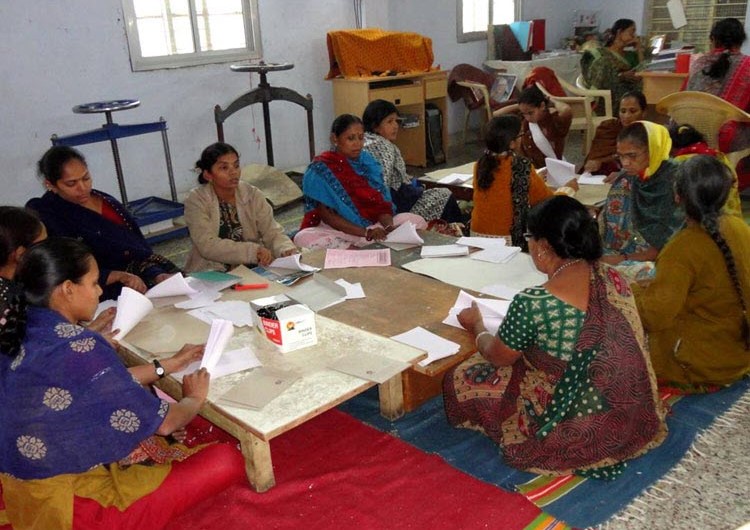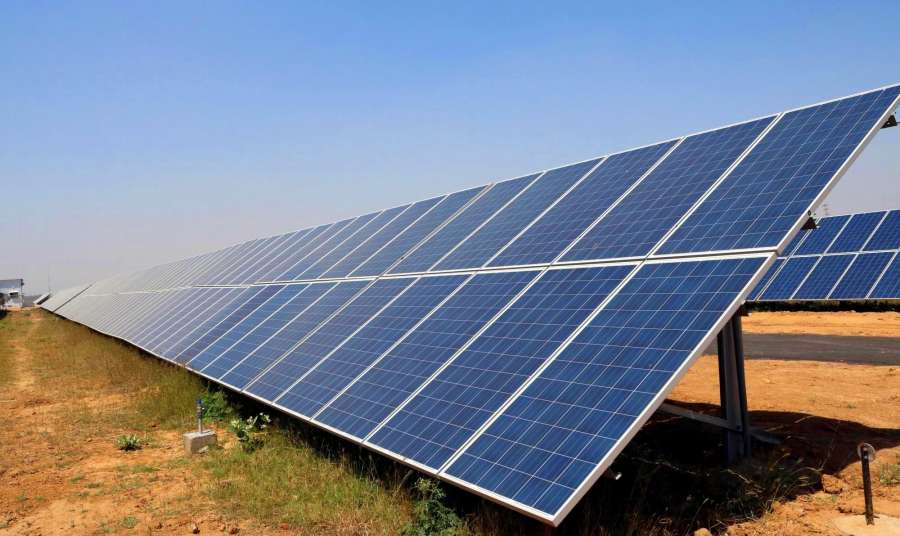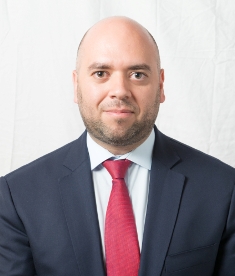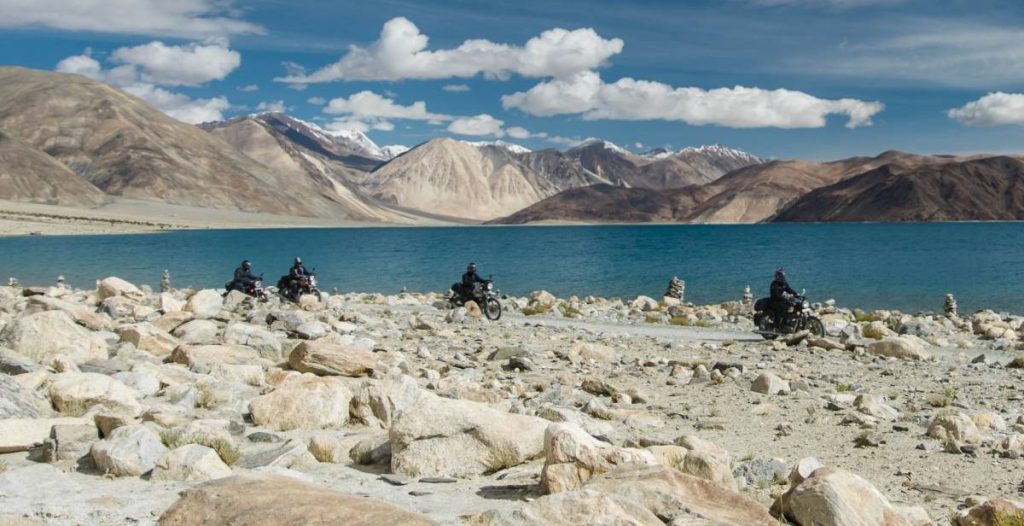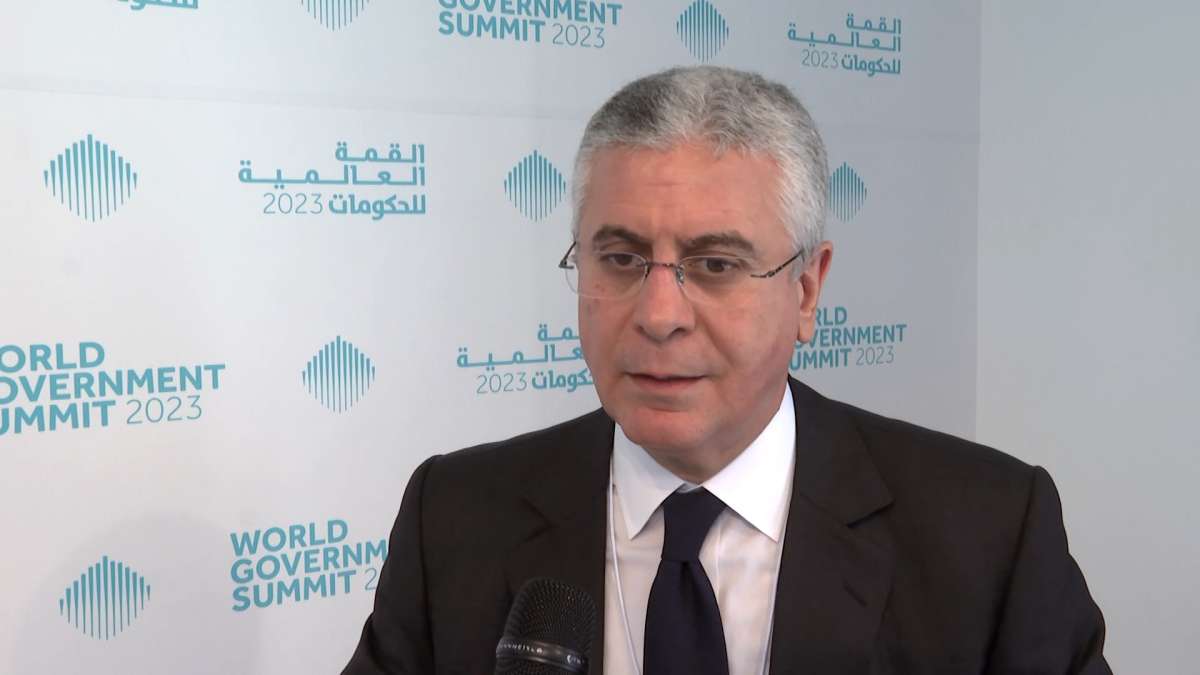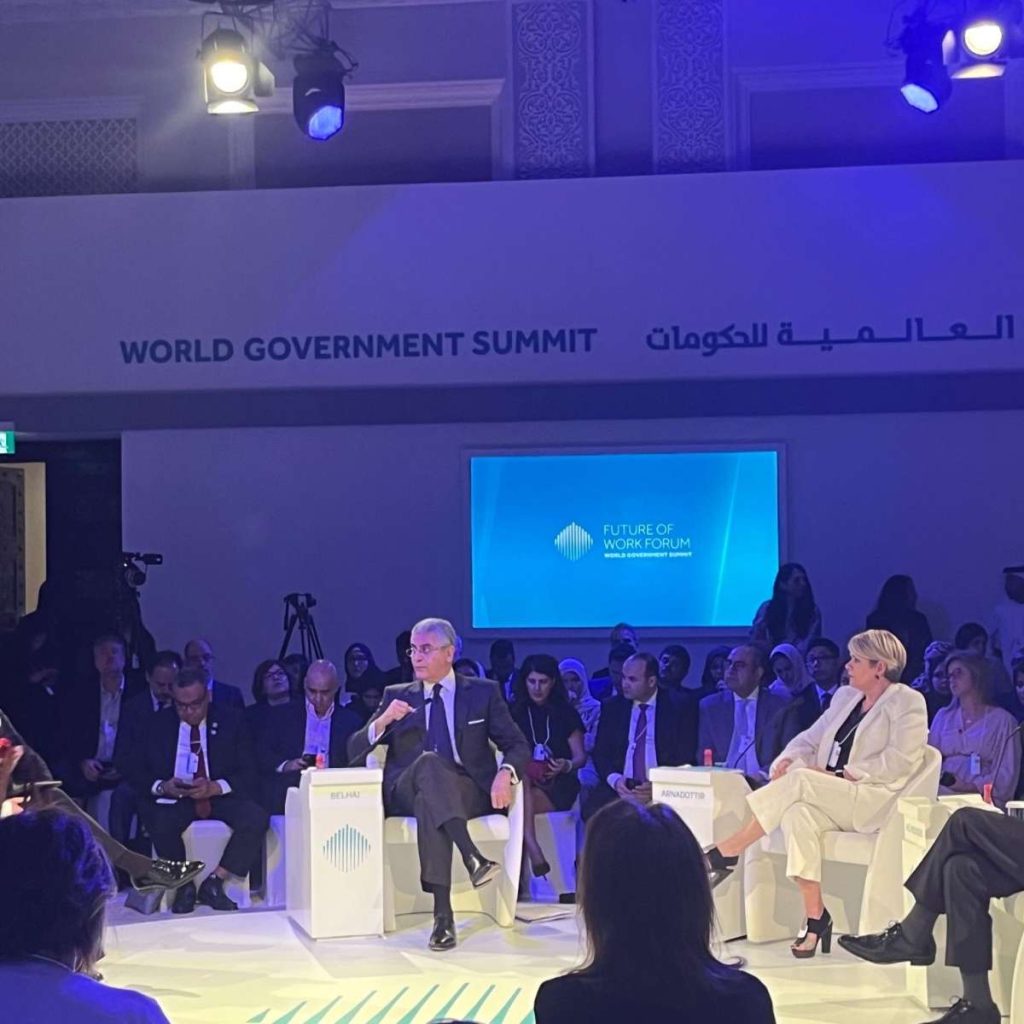Dr. Al Jaber reminded ministers and climate leaders of the approaching Global Stocktake at COP28 and urged them to take action across a range of key areas to bring 1.5C within reach….reports Asian Lite News
At the conclusion of the Copenhagen Climate Ministerial, Dr. Sultan bin Ahmed Al Jaber, Minister of Industry and Advanced Technology and COP28 President-Designate, urged global climate ministers to unite behind “transformational progress” for a COP of Action and a COP for All.
Dr. Al Jaber joined Sameh Shoukry, Minister of Foreign Affairs, COP27 President and Foreign Minister of the Arab Republic of Egypt, to co-chair the Copenhagen Climate Ministerial in Denmark – the first official meeting of climate leaders and ministers from around the world since COP27.
The event, which was hosted by the Danish government, also saw Dr. Al Jaber hold a series of one-to-one meetings with climate leaders, where he drove forward his agenda to secure commitment to an inclusive COP of Action and urged leaders to deliver “transformational progress” to keep 1.5 degrees alive.
The meeting was attended by climate ministers and senior government representatives from developed and developing countries including France, Japan, the Maldives, Samoa, the UK and USA. The Executive Secretary of the UNFCCC, Simon Stiell and Special Adviser to the UN Secretary-General on Climate Action and Just Transition, Selwin Hart, were also in attendance.
During the two-day event, Dr. Al Jaber worked with Sameh Shoukry and Dan Jørgensen, Danish Minister of Development Cooperation and Global Climate Policy, to lead efforts to deliver on the meeting’s aim of securing the implementation of the results of COP27 while also setting the course ahead towards COP28 in the UAE later this year.
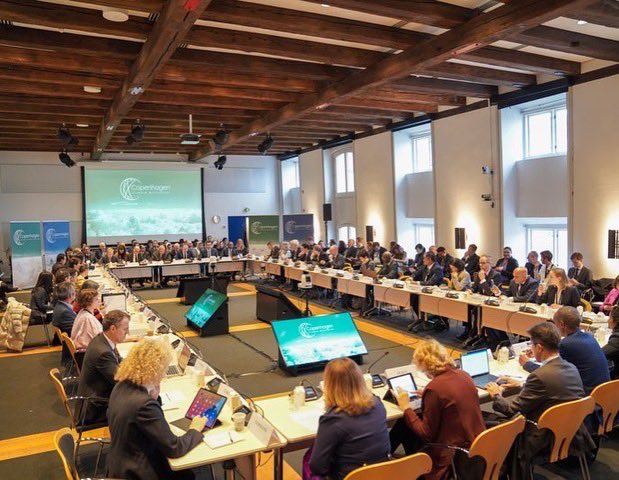
In his remarks, Dr. Al Jaber reminded ministers and climate leaders of the approaching Global Stocktake at COP28 and urged them to take action across a range of key areas to bring 1.5C within reach.
He said, ” Yesterday’s IPCC report highlighted the significant challenges ahead and the urgent need to course correct if we are to meet the goals of the Paris Agreement. But more importantly, the report identifies the opportunities and solutions that are available to reduce emissions and enhance resilience.”
Dr. Al Jaber emphasised the need to accelerate pathways to net zero by rapidly adopting renewable and zero carbon energies, decarbonizing the current energy system and investing in proven and new mitigation technologies. He said: “We have a short window of opportunity to deliver a system-wide transformation. But if we make the right investments, we can create a pathway for sustainable growth, where climate and economic progress go hand-in-hand.”
He also spoke about finance being the critical success factor across all pillars, saying, “We need to double adaptation finance by 2025 and we need a strong outcome on loss and damage this year, with clear recommendations from the transitional committee on the fund and funding arrangement.” Dr. Sultan in his closing remarks underscored the need to explore all networks to ensure the fund is fully operationalized by COP28.
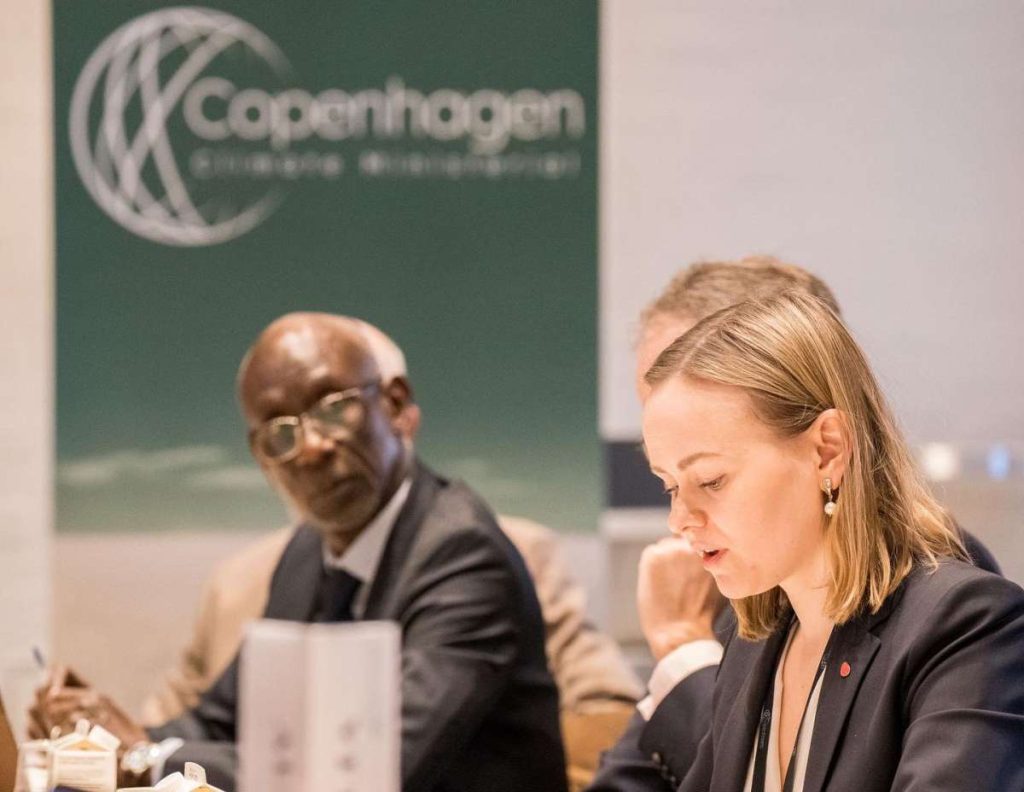
While at the Copenhagen Climate Ministerial, Dr. Al Jaber played a key role in leading and facilitating a series of high-level plenaries and discussions. He also met with a range of climate minsters and leaders as well as representatives from the climate sector including Zhao Yingmin, Vice Minister for China; Collins Nzovu, Minister of Zambia; Grace Fu, Minister of Environment for Singapore and Jennifer Morgan, State Secretary of Germany. Throughout all discussions, he emphasized the need for climate action and an ambitious COP28.
In concluding the visit, Dr Al. Jaber thanked ministers and climate leaders and welcomed their support for an accelerated energy transition, enabled by an inclusive approach that empowers private sector partners.
Ambassador Majid, Director-General of COP28, accompanied Dr. Al Jaber to Copenhagen, leading a roundtable with CEOs and business executives from Danish industry spanning renewable energy, heavy industry and transport, water systems, and energy innovation. In the meeting, Ambassador Majid linked COP28 to the real economy and discussed key components of the COP28 strategy, namely the Global Stocktake, the energy transition and partnership with the private sector in climate action.
Copenhagen was the latest destination in the COP28 Presidency’s global listening tour – a series of international visits to meet with, and hear the views of, a range of partners across government, civil society, youth, the private sector and representatives of international organizations and NGOs. To date, Dr. Al Jaber and members of the COP28 leadership team have visited India, the UK, Germany, France and the US. Additional meetings are scheduled for both developed and developing countries.
